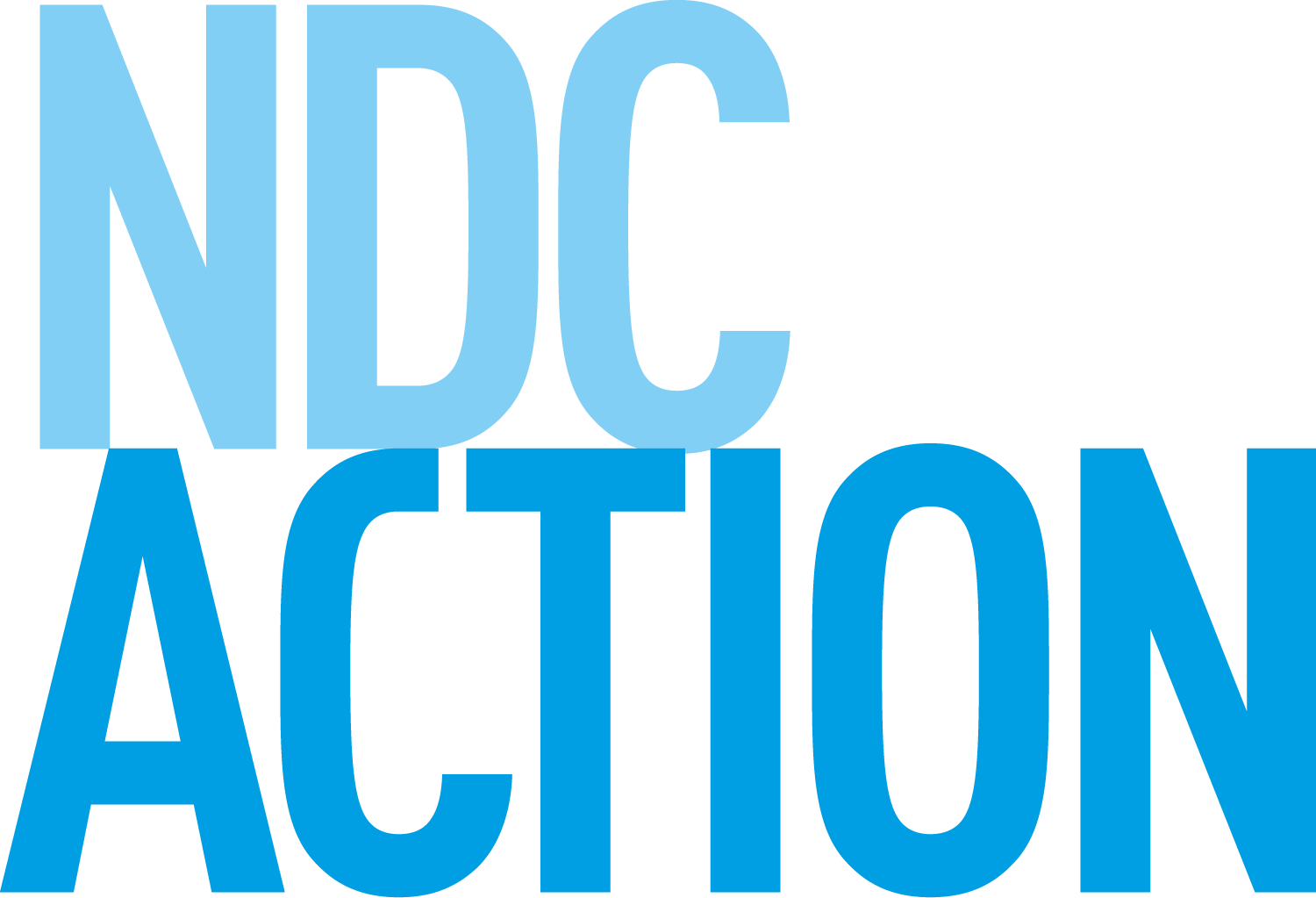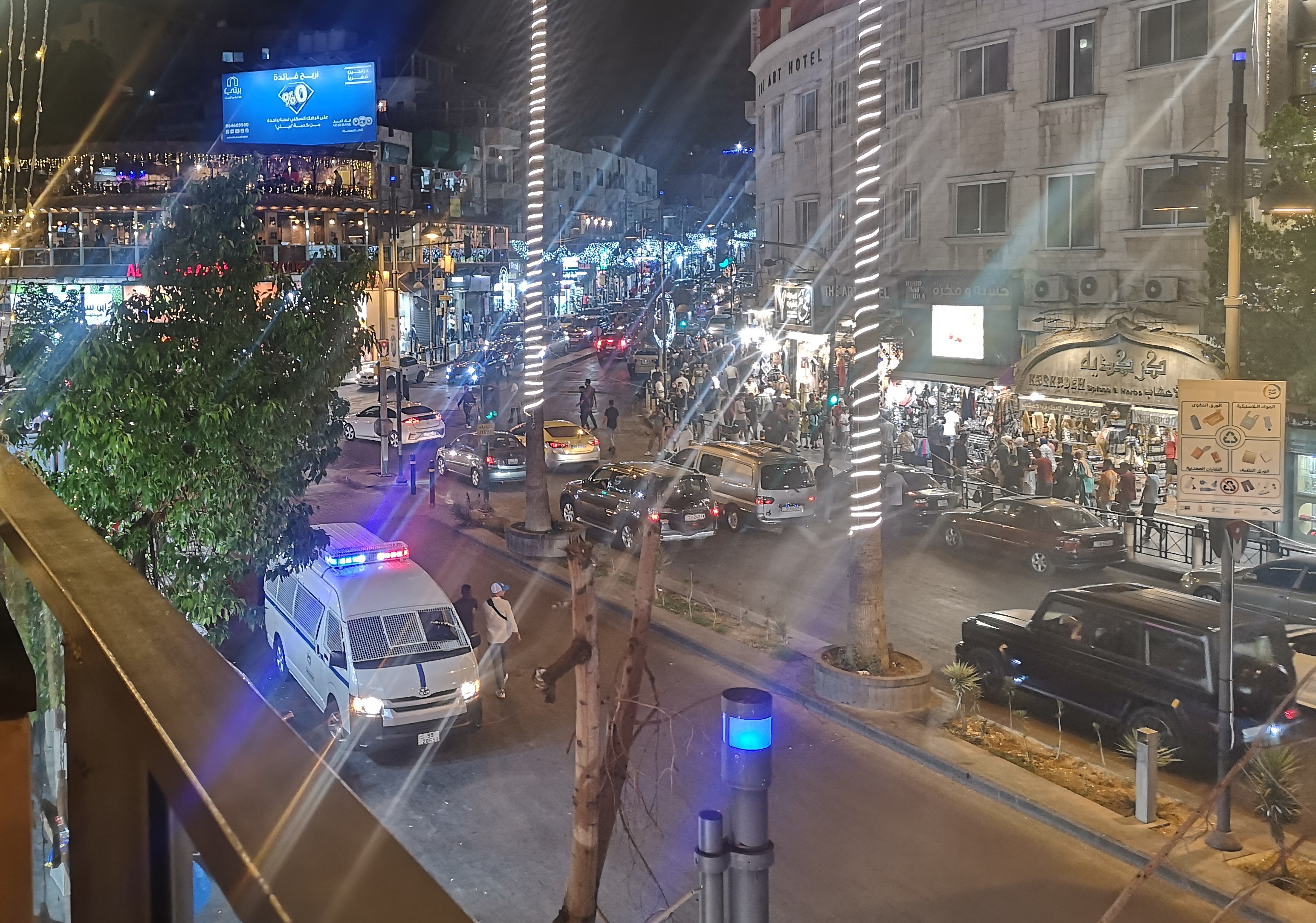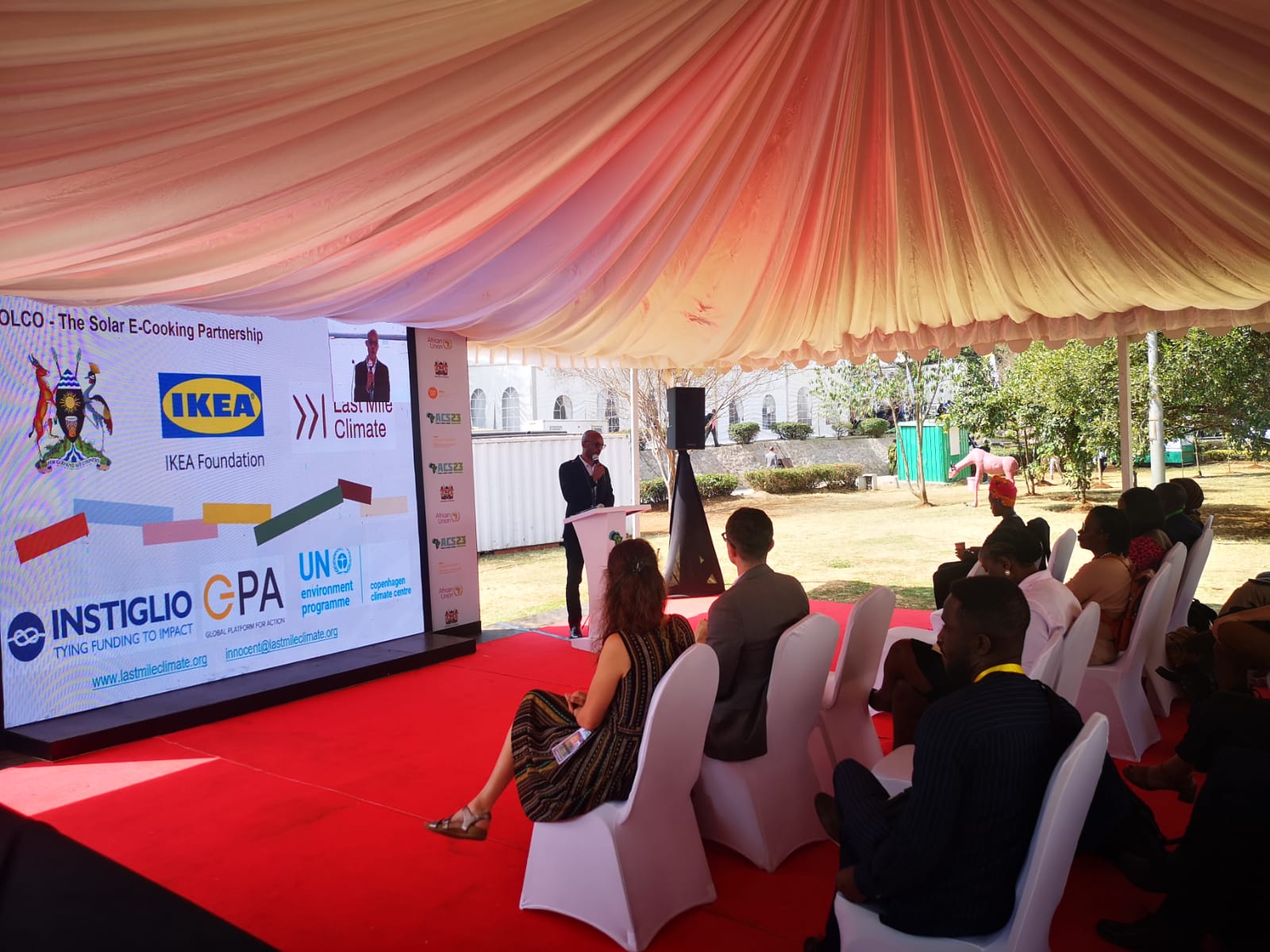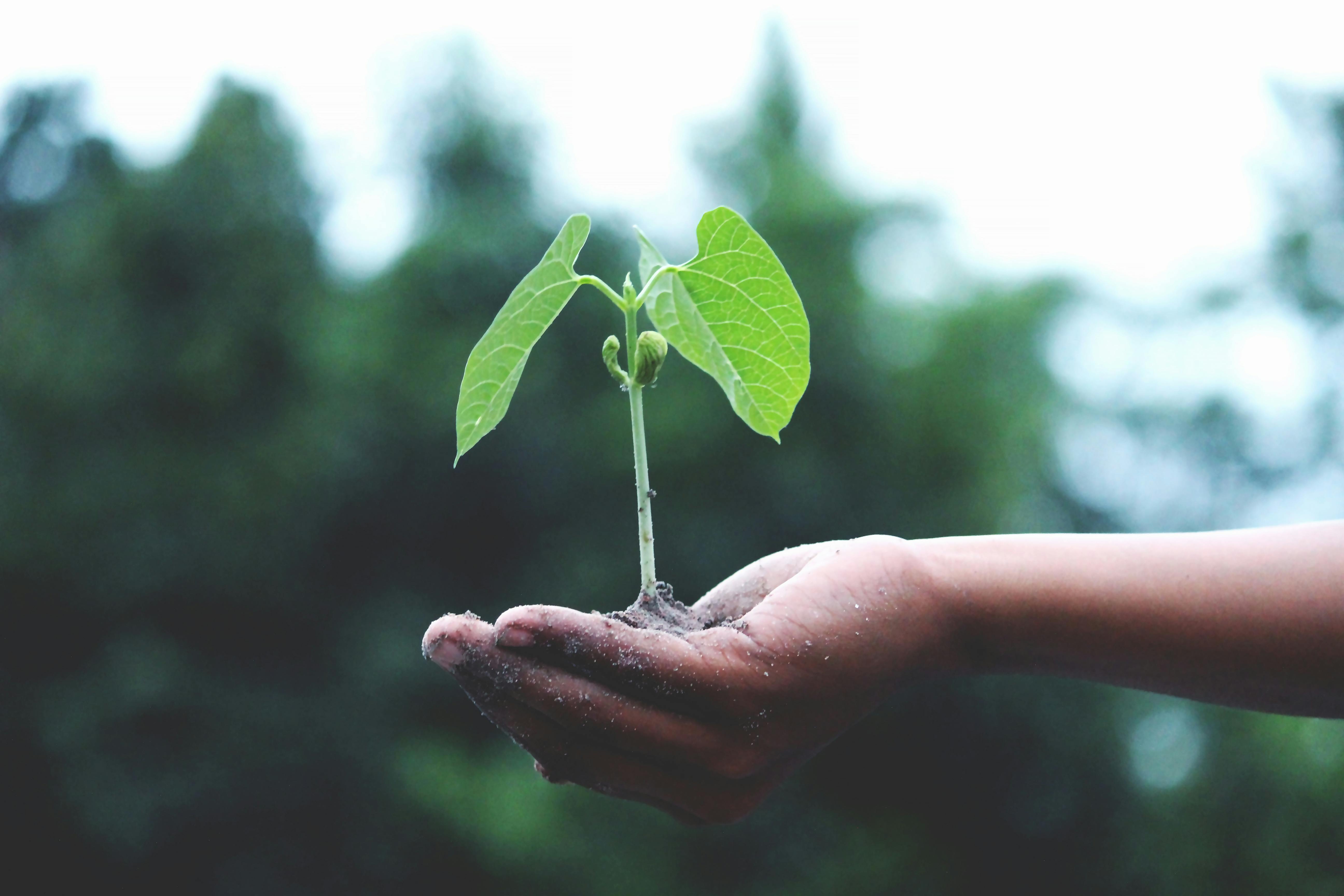Treated wastewater could be a game-changer for Jordan’s water security and agriculture. By analyzing the technical and economic viability, and identifying financial pathways to implementation, the NDC Action project is helping Jordan build climate resilience through the roll out of Decentralized Wastewater Treatment Systems (DWATS).
By using treated wastewater, DWATS aims to improve water security, particularly for smallholder farmers affected by water scarcity and climate risks. The NDC Action work focuses on cross-sectoral collaboration, involving stakeholders from farmer cooperatives, financial institutions, and technology providers, to create market opportunities and sustainable investment models.
In late September, Jordan’s Royal Scientific Society hosted a final validation workshop on DWATS as a priority climate change adaptation technology. Organized by the Ministry of Environment, BORDA, and the Royal Scientific Society, the workshop was part of the NDC Action project, implemented by UNEP and the UNEP Copenhagen Climate Centre.
Aligned with NDCs…
The purpose of the workshop was to discuss and validate the results of a market, technology and financial assessment conducted by BORDA Jordan, which evaluated the potential for DWATS to be used as a non-conventional water resource in Jordan’s agriculture sector
The work is aligned with Jordan’s NDC goals, which emphasize the use of alternative water sources, such as treated wastewater, to tackle the nation’s vulnerability to drought, reduced agricultural productivity, and food insecurity. Jordan’s NDC commitments aim to strengthen resilience in the agricultural sector by utilizing DWATS as a key solution to the country’s ongoing climate challenges. The work of the NDC Action project in Jordan addresses significant gaps in the mobilization of technical and financial resources needed to advance this approach.
…And SDGs
Key discussions during the workshop focused on the importance of understanding water use in agriculture and potential energy recovery from DWATS. Participants also discussed the high cost of agricultural nutrients, which treated wastewater could help mitigate. However, the reluctance of smallholder farmers to use treated wastewater remains a challenge, with stakeholders brainstorming ways to shift perspectives.
The workshop also reviewed the available technology options for DWATS in Jordan and discussed the need for government incentives to encourage the import and adoption of technologies not currently available. Attendees raised questions about which technologies would be most accepted by local communities, considering factors such as installation costs and operational sustainability.
On the financial side, the workshop emphasized the importance of government subsidies to support DWATS implementation. Additionally, financial institutions were invited to provide insights on the minimum financial conditions required to attract investments in DWATS, a critical component for ensuring the scalability of the solution.
Overall, the workshop reinforced the alignment of DWATS with Jordan’s broader climate goals and the Sustainable Development Goals, particularly those focused on zero hunger, clean water, and climate action. Moving forward, the project aims to develop a demonstration project with smallholder farmers and continue exploring funding opportunities to support the long-term adoption of DWATS in Jordan’s agriculture sector.



